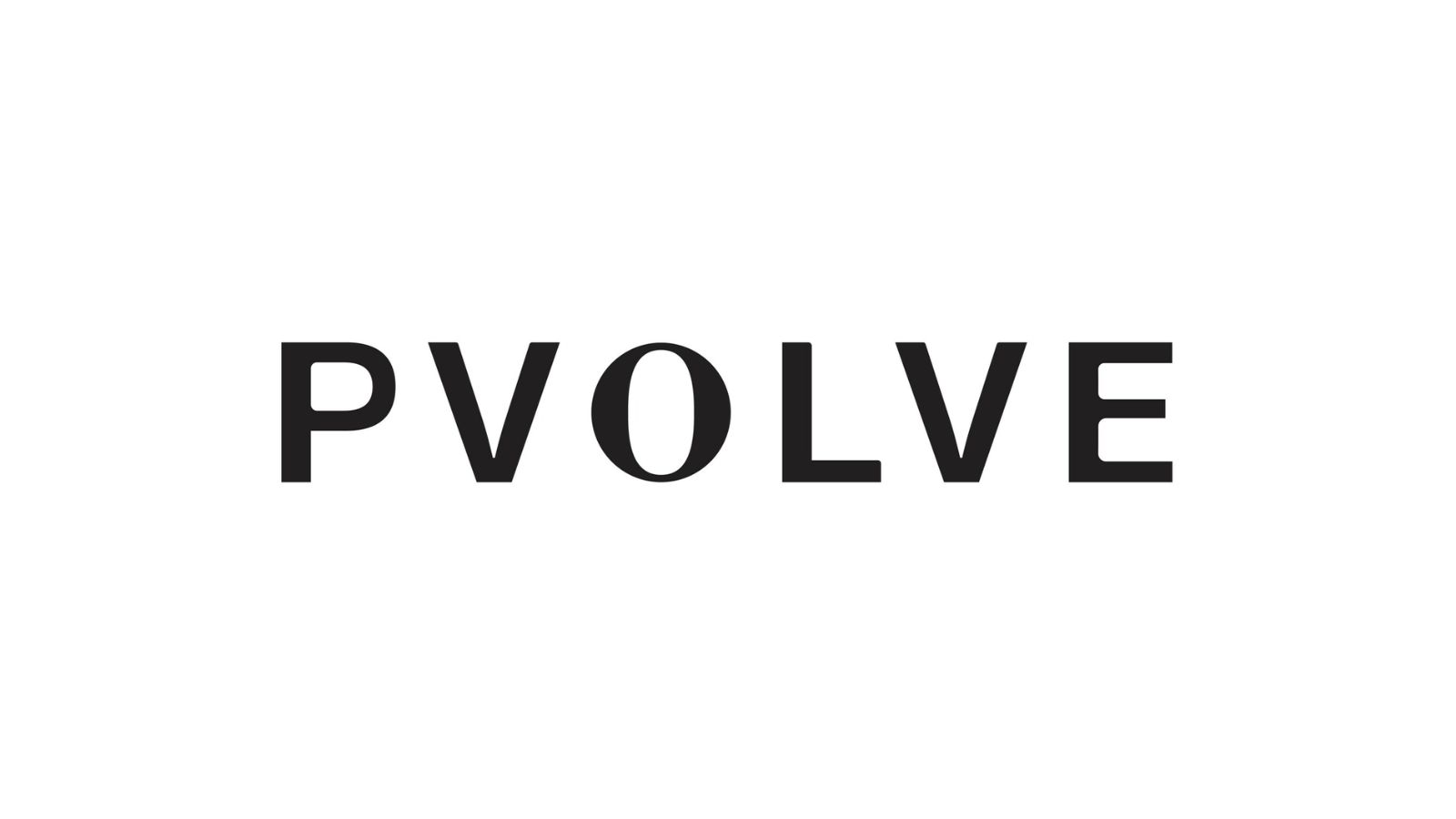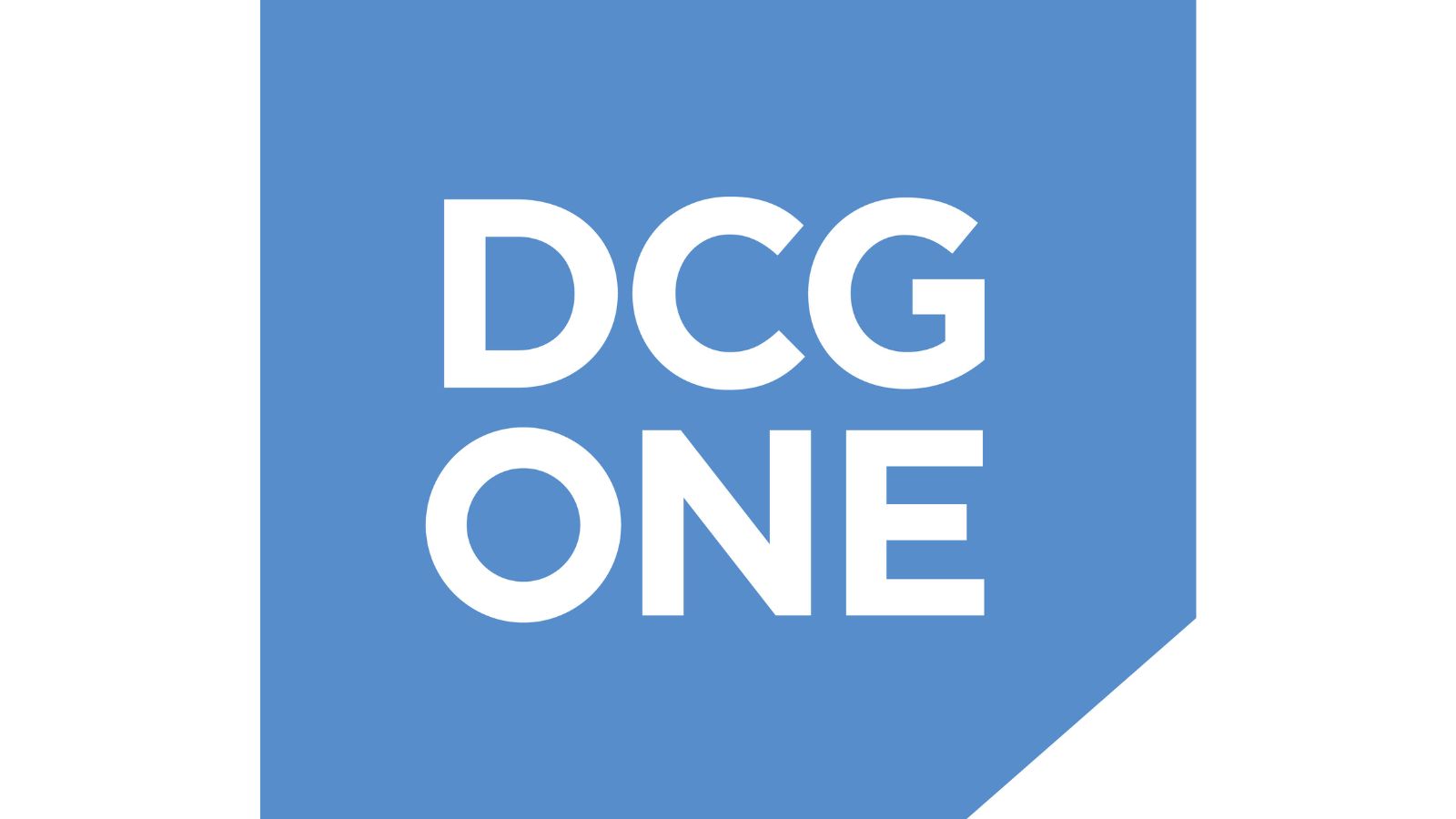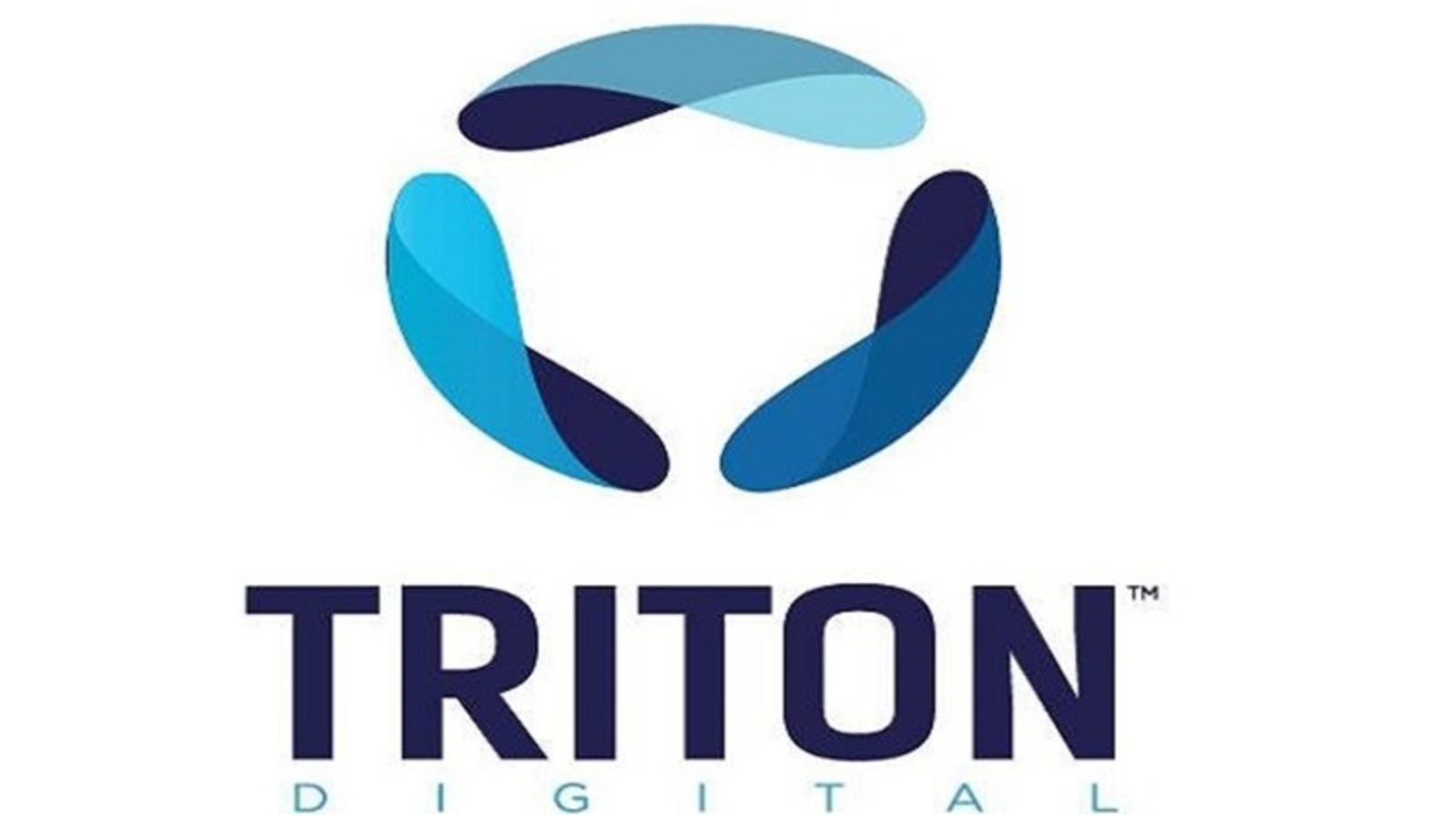Content marketing is a dynamic field. Where you need to have lots of different skills to succeed. It is like, you’re a superhero wearing many different hats! One minute, you’re spinning captivating tales that grab people’s attention. Next, you’re diving into the world of SEO, making sure your content pops up when people search for it online. And let’s not forget about teamwork – working with others is super important too! In this blog, we’re going to take a closer look at all the important skills that are needed to be a successful content marketer.
Storytelling
To be a good content marketer, storytelling is a vital skill because it allows one to have an impact on the audience by holding their attention and driving engagement. Due to convincing stories, marketers will be able to create emotional connections with their customers, encourage their faith and goodwill.
Good storytelling is about creating stories that touch the hearts of listeners by having them connect with the characters and the scenes. This is what makes a brand’s tone human and marketers can present the already available facts, data, and insights in a more comprehensible way, thus increasing engagement and recall.
Nowadays, multimedia platforms, such as YouTube, Facebook and others, are used to tell the story in more creative ways. Through the use of blogs, videos, social media campaigns, as well as podcasts, content marketers can utilize a range of media that draws their target audience into narratives that they can relate to.

Planning
Every successful content marketing campaign begins with a solid plan. From setting goals and defining your target audience to outlining content topics and distribution channels, planning lays the groundwork for your strategy. By taking the time to develop a comprehensive plan, you can ensure that your content efforts are aligned with your business objectives and resonate with your audience.
Editing
Once you’ve created your content, the real work begins – editing. This crucial step involves refining your content for clarity, coherence, and consistency. From checking for grammatical errors and typos to tightening up your writing and ensuring a consistent tone and style, editing is the key to producing high-quality content that engages and delights your audience.
Content Creation
Content creation is the main skill that every effective content marketer has to have. It makes use of all the resources such as creating the content that are relevant and interesting such as blog posts, videos, infographics and posts on social media. A content marketer who works well should be capable of understanding the needs of the audience, providing content that answers their needs, and delivering the brand message in a clear and effective way.
SEO
SEO is a must-have skill for content marketers , whether you are promoting a blog or creating infographics. SEO simply helps you to attract more organic traffic to your content. SEO techniques can be controlled by marketers, so that content they produce ranks higher in SERP and, therefore, the probability of grabbing people is greater. This will involve getting a grasp of how search engines work, discovering keywords, improving the on-page aspects including meta tags and the headings, and building top-quality inbound links from authority sources. On the other side, a competency in SEO assists content marketers to produce content that is tolerant, aligned with user intent and satisfying reading, which in turn improves the ranking in search results but also uplift the user engagement and conversion. As a result, SEO inclusion into a content marketing strategy enables marketers to increase the spread and, hence, success of their content, thereby creating a reliable online presence for the brand and eventually reaching out to the audience.

https://images.app.goo.gl/9NUgt5k87E2AvZaL7
Research and Analysis
In the age of big data, content marketers have access to a wealth of information about their audience’s behavior, preferences, and engagement with their content. But collecting data is only half the battle; the real challenge lies in making sense of it all. By leveraging tools like Google Analytics, social media insights, and customer relationship management (CRM) systems, content marketers can gain invaluable insights into how their content is performing and where there’s room for improvement. Whether it’s tracking key performance indicators (KPIs), segmenting your audience, or conducting A/B tests, data analysis empowers you to make informed decisions that drive results.
Understanding of the Sales Funnel
It is important for a content marketer to know and understand the sales funnel in order to design strategies that will drive the prospects through their buying journey and turn them into paying customers. The sales funnel concept encompasses three main stages: ToFu (Top of Funnel), MoFu (Middle of Funnel), and BoFu (Bottom of Funnel), these three phases are different stages in the process of obtaining a customer.
ToFu content contributes to acquiring potential customers’ interest and drawing general audience’s attention. It is usually made up of educational and entertaining blog posts, social media updates and videos which address clients’ problems and interests, but without directly advertising a business’ products and services.
MoFu content is basically designed to attract, engage, and cultivate those who have already manifested some interest in the brand or its services. This phase comprises a provision of more in-depth and specific content, such as case studies, webinars, and white papers, to aid a prospect to evaluate the options and near to the end of making the buying decision.
This type of content is directed to lead conversion with the aim of providing them with the necessary information and incentives needed to make the purchase. This will be manifested in the form of product demonstrations, free trials, testimonials and exclusive offers that will push prospects to take action and finish the conversion process.
The role of each stage in the sales funnel can be well understood by content marketers using which they strategize and develop content that resonate with the audience at each stage while pushing them towards conversion and creating long-term customer relationships.

https://images.app.goo.gl/BX23KztoYVgtMwrQ9
Adaptability
Adaptability is crucial to digital marketing because it allows a content manager to succeed in a quickly changing and dynamic virtual environment. What is involved is intentionality to be agile and adapt to changing tastes of audience, industry trends and algorithm trends of the channels, that is a continuous process. An ability to be agile ad former is the mark of a content person that can quickly change gears, adopt new strategies, and adapt to new technologies, with respect to engaging audiences. They appreciate that reaching out to the latest trends, trying different means of lending a hand and doing that consistently is the only way to go past their competitors. In summary, adaptability becomes the important factor that allows content marketers to stay relevant, trigger the engagement, and pursue the marketing goals in the environment that is constantly changing.
Collaboration
Content marketing is rarely a one-person show. More often than not, it requires collaboration with a diverse team of writers, designers, developers, and subject matter experts to bring your ideas to life. Effective communication, teamwork, and project management are essential for ensuring that everyone is aligned on the goals and vision for the content.
So, don’t be afraid to reach out and collaborate with others who can bring complementary skills and perspectives to the table. By pooling your collective talents and expertise, you can create content that’s greater than the sum of its parts and resonates with your audience on a deeper level.
Continuous Learning
The digital landscape is constantly evolving, and as a content marketer, your learning journey never truly ends. Whether it’s staying up-to-date on the latest industry trends and best practices or expanding your skill set through courses, workshops, and certifications, investing in your own education is crucial for staying competitive in the field.
So, embrace the spirit of lifelong learning, and view every challenge as an opportunity to grow and develop as a content marketer. Whether you’re mastering new tools and technologies, refining your storytelling abilities, or deepening your understanding of your target audience, never stop seeking knowledge and striving for excellence in your craft.
Design and visual.
As a content marketer, having design and visual skills is crucial for creating engaging and memorable content. These skills enable you to craft visually appealing graphics, infographics, and layouts that captivate your audience’s attention. Understanding design principles like color theory, typography, and composition allows you to communicate your message effectively and enhance brand identity. Proficiency in graphic design tools such as Adobe Creative Suite or Canva empowers you to bring your ideas to life. By integrating compelling visuals into your content strategy, you can increase engagement, convey complex information more effectively, and ultimately drive better results for your marketing campaigns.
Social Media and Promotion
Social media, and promotion skills are the key for content marketing professionals. They include comprehending different social platforms’ dynamics, creating and sharing targeted content for each platform’s audience and using promotional methods to help them gain visibility. An effective social media management is all about, scheduling your posts, engaging with followers and analyzing your performance metrics in order to optimize your strategies. Promotion skills involve influencer partnership, paid advertising campaigns, and email marketing services to expand the content reach. Through understanding and harnessing these capabilities, content marketers can reach a wider audience, increase audience engagement, and drive conversions, thereby successfully fulfilling their marketing targets.

https://images.app.goo.gl/U1iBPWa4nCPwkGDn7
Conclusion
In conclusion, mastering content marketing requires a diverse skill set that encompasses everything from understanding the sales funnel and planning to editing, content creation, SEO, social media promotion, and beyond. By honing these essential skills and staying adaptable in the face of change, content marketers can create meaningful connections with their audience and drive impactful results.












Leave a Reply